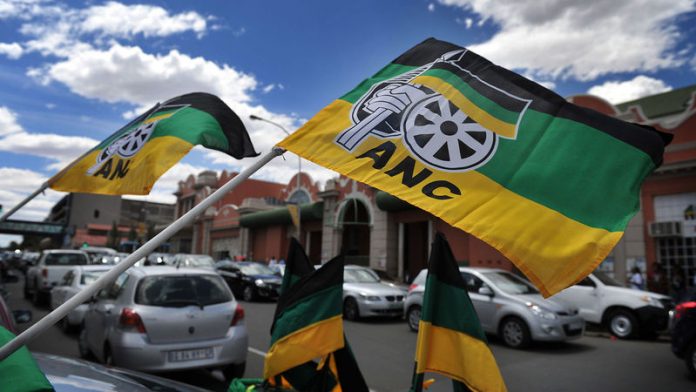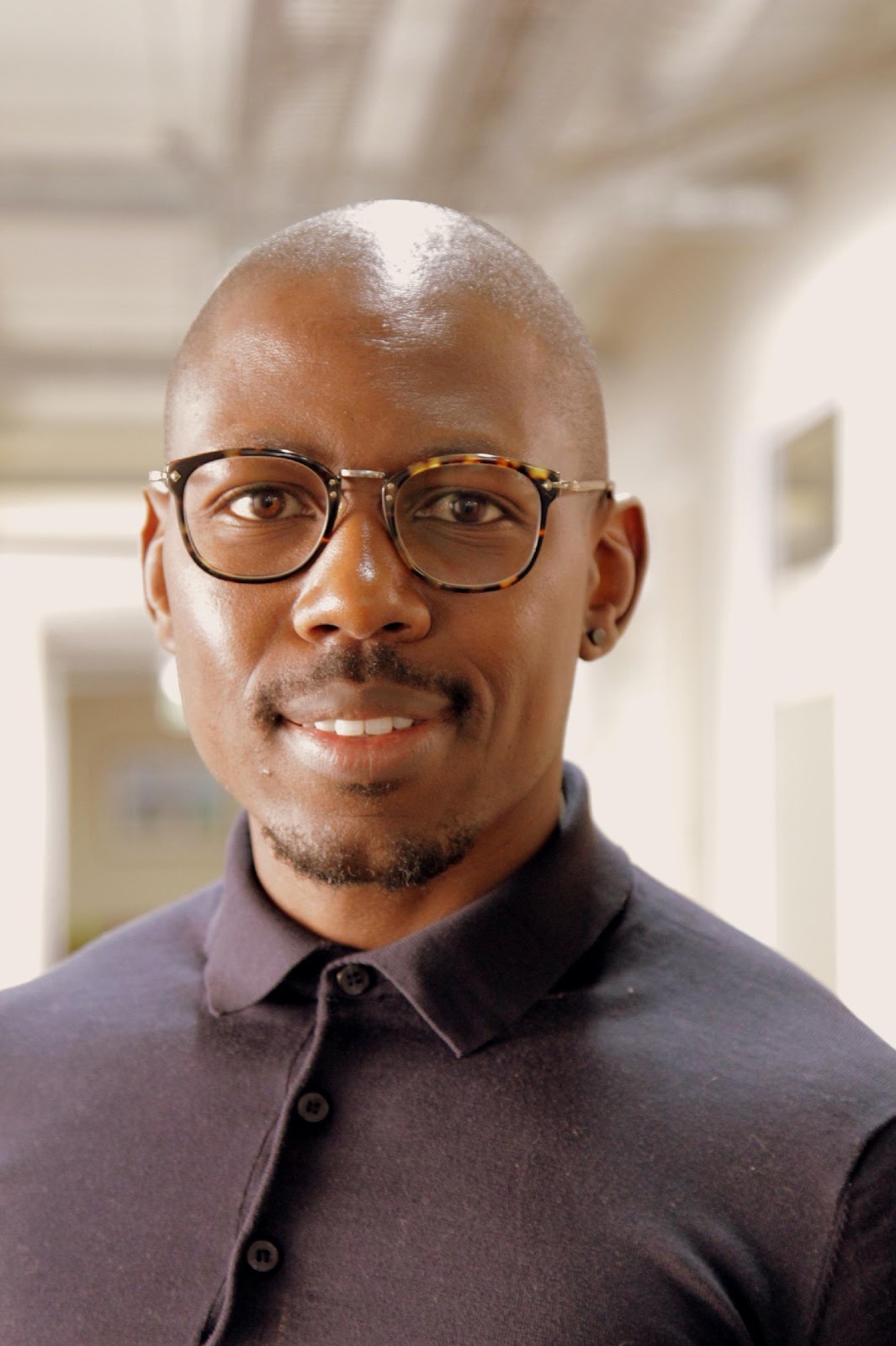COMMENT
A great deal of literature has analysed and commented on the transition from apartheid to democracy. The general consensus is that revolutionary theory within the ANC-dominated anti-apartheid movement was at best thin. Nigel Gibson (2001, 2011), drawing on Frantz Fanon, has been particularly instructive in showing how the lack of a liberatory ideology within the ANC resulted in a missed opportunity to radically transform South African society.
Gibson argues that although there were numerous and complicated factors (e.g. the IMF and World Bank, local capital and the dominant neoliberal scenarios outlined by the transition literature) influencing the transition to democracy, this should not overshadow the fact that within the liberation movement the ANC/South African Communist Party alliance exerted its hegemony to subvert any ideological alternatives from the trade unions and leftist intellectuals.
It would appear then that the issue was not, strictly speaking, one of a lack of ideology within the ANC leading up to the 1994 elections. Rather it is that the ANC had accepted, leading up to and during the Convention for a Democratic South Africa (Codesa) negotiations, the ideology of the transition from authoritarian rule literature. This ideological position was that political democracy was a worthy goal “even at the expense of foregoing alternative paths” (O’Donnell et al., 1986). The ANC’s embrace of this impotent transition ideology resulted in a psycho-political failure of the liberation movement to fulfil its mission as exemplified by the Freedom Charter.
The failure of the liberation movement can be understood through Fanon’s black-white dialectic of recognition and liberation in the colonial context. In Black Skin, White Masks, Fanon works with and through George Hegel’s slave-master dialectic. Fanon argues that we are human insofar as we are recognised as such by the gaze of another human being. In other words, our humanity lives and dies in the ways we relate to each other. In Hegel’s dialectic, once a reciprocal recognition between master and slave is established, the slave turns completely toward his labour as demanded from him by the master. In so doing, the enslaved human finds a warped sense of liberation in his labour since he accepts his position and therefore, that of his master.
This of course, is nothing other than the “myth of a happy slave”. In Fanon’s hands however, the oppressed-oppressor dialectic does not take the form of reciprocal recognition as in Hegel’s slave-master dialectic. Colonised black people are psychologically, socially and culturally reconfigured into European artefacts and tools of labour that are below the level of the human. In this, the white coloniser denies the self-consciousness of black people not only as “natural reality” in the world but also as “human reality”. Consequently, the white coloniser “laughs at the consciousness of the slave. What he wants from the slave is not recognition but work” (Fanon, 1986). Black consciousness, however, refuses to be reduced to a thing and demands to be recognised as a natural and human reality. For the enslaved, colonised and dehumanised, the matter has always been simple without being easy – freedom or death.
Holding this in mind, let us briefly recall an episode in recent South African history. The 1980s were some of the most intense years of struggle against apartheid. Social and civic movements together with militant youth and trade unions played an important role in bringing the anti-apartheid struggle to a tipping point at a time when political parties were banned and political leaders exiled, imprisoned or killed. For instance, Congress of South African Students in the mid-1980s played a crucial role in creating a national platform that politicised, mobilised and organised national school boycotts that soon took on wider political issues. It was partly in this context that the youth became not only intensely politicised but also militant.
They increasingly participated in what became known as “revolutionary violence”, targeting state property and agents. By the mid 1980s it was becoming clear that apartheid was no longer sustainable as the country became increasingly ungovernable. What is also important to note is that in the absence of directives from any political party, local activities that had made the country ungovernable were also developing their own methods of self-governance. Therefore, the call in 1985 by the ANC to “make South Africa ungovernable” merely reflected political liberation praxis on the ground and was not its genesis. Reading this history through Fanon’s dialectic, the masses were risking their lives by “threaten[ing] the other in his physical being” in their quest for a humane life of and in freedom.
Let us contrast this with what was happening among the leadership of the ANC at about the same time. In 1985, realising the impasse that the apartheid project had reached through local and international pressures, members of the National Party initiated secret talks with Nelson Mandela. These would continue for four years until in 1989, Mandela wrote a letter to PW Botha with an offer to negotiate a settlement. Botha would soon suffer a stroke and FW de Klerk, replacing Botha as president, seized the opportunity to negotiate a settlement. The initiation of secret talks with Mandela were neither a recognition of black people as human beings nor an admission of the catastrophic horrors orchestrated by white oppressors. If this had been the case one might expect white people to have voluntarily abandoned all forms of political and economic power that they had illegitimately gained over centuries. Perhaps they might have also voluntarily removed all the symbols of their self-aggrandisement such as statues and the names of places and roads. The secret talks with Mandela were a strategic effort by white people to save their own skins when they saw that the proverbial chickens of death may be coming home to roost. The offer from the ANC to negotiate a settlement was literally a lifesaver for whites.
My argument is not that there ought not to have been a negotiated settlement. Indeed, some may argue that the political negotiations were a calculated risk by the ANC to avoid a civil war. There were other issues as well, such as the sheer military strength of the apartheid government against which the military wing of the ANC would not have been able to wage anything recognisable as a war. We can concede this and still question both the pace and process with which the ANC arrived at the negotiation table. There simply were no pre-existing conditions of possibility for a negotiated settlement because the table across which these negotiations were held was made from over three centuries of the death of black humanity. Between all those gathered at the table there existed a yawning void of ethics. Politics was impossible. Except of course, if politics is a legalised practice of suspending ethics. It is precisely this absence of ethics that had allowed white people to conduct themselves in barbaric splendour in their encounters with black people while they claimed to be a force of civilisation.
The existential leap from thing-to-being that we must assume the ANC achieved can be understood in one of two ways. On the one hand, we can account for it simply as a miracle. The problem with this explanation is that it does not explain anything but calls on us to believe in the inexplicable. The miracle discourse discourages the raising of questions and thus the possibility to understand and learn from our historical choices.
On the other hand, we can interpret the very decision by the ANC to negotiate a settlement with an oppressive regime as the precise moment that the liberation movement suffered a double failure – psychological and political. In psycho-political terms, the secret talks and Codesa (and consequently every ANC government ever since) failed to address one of the premium achievements of colonial and oppressive regimes – the distortion and perversion of the collective psychological life of oppressed people. If you prefer – who are we as black people independent of colonial regimes?
Prioritising the transfer of political power without simultaneously beginning the work of recreating the minds and souls of millions of black people binds us to ask: what did the ANC imagine liberation to be? A psycho-political programme designed to address the former question would have, for instance, articulated the monstrosity that multiple forms of white violence had created out of black people. We would have worked to define, in our own terms, who we are and who we want to become as we disrobed our souls of the shadow of whiteness. The past 25years would not have been wasted. Such a psycho-political programme of contemplation, imagination and practice would have allowed us to invent our future(s). Instead here we are, embroiled in a national religion of corruption, plundering a future we do not have.
At the unethical negotiating table, such a possibility was not on the agenda. It had been sealed in the envelope with Mandela’s letter to Botha. Here it is – the ANC confused the political experience of sitting around a table with their oppressors with an ethical experience of being recognised as humans. Mandela’s letter (and the history it wrote) was a psycho-political song and dance of surrender by the ANC. It was simultaneously “a demand for [white people to be] a deceiving mirror image” (Gordon, 2008) of what it means to be human. Through this plea for white recognition, the ANC was embracing a “logic that props up their oppressors as the standard of human value”. The obvious problem with elevating white people to be the standard of what it means to be human is that it is a lie.
In effect then what happened is that, “One day, a good white master [FW de Klerk], who exercised a lot of influence, said to his friends: ‘Let’s be kind to the niggers’ [in fact, this benevolence had been solicited by Mandela’s letter to PW Botha]. So, the white masters grudgingly decided to raise the animal-machine man to the supreme rank of man…” (Fanon, 1986).
Tragically, the gaze and kind words of white people do not restore black humanity. The double tragedy is that the politics of negotiation turned the ANC into a league of black leaders whose practices of governance have over time come to be a suspension of ethics and the decay of black humanity: “The Negro is a slave who has been allowed to assume the attitude of a master” (Fanon, 1986).
Consequently, the politics of compromise and concessions preserved, rather than rupture, the master-slave dialectic. A peaceful transition after centuries of violence had to be ensured as a strategy to preserve what white people had achieved – pockets of privilege and wealth alongside bare and boundless poverty and death. Naturally then, Codesa and later unpublicised negotiations, amounted to permanent compromises of fundamental differences about economic and social policies and the operations of government institutions.
The possibility of freedom long abandoned, the politics of negotiation created an “elite settlement that tame[d] politics by producing … a web of power and influence, relationships connecting all important elite groups” (Highley and Burton, 1998). Almost overnight, we moved from a possible revolution advanced from the masses to an “implicit zero-sum game of transition as a compromise among class interests” (O’Donnell et al., 1986).
May Nelson Mandela’s soul rest in peace. But since we are still alive, perhaps it is time we accept that the ANC never cared about black people long before we voted them to power. Then again, neither does any opposition party. Steve Biko’s insight now carries a prophetic weight: “Black [people] you are on your own.”




